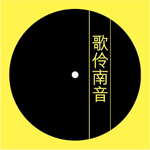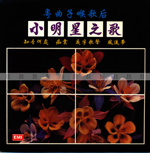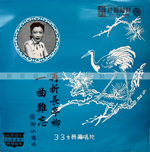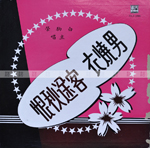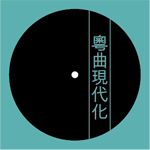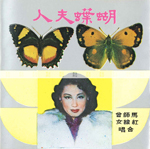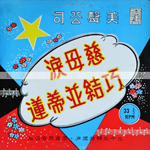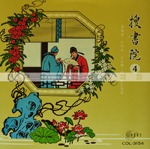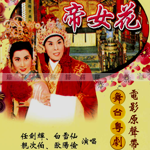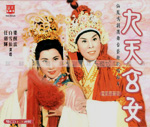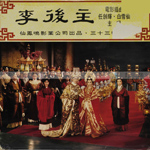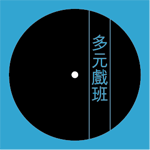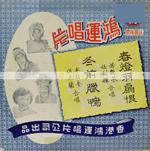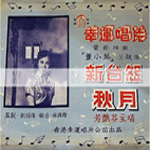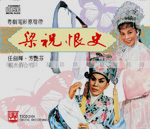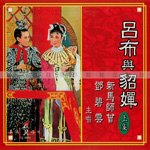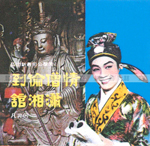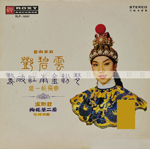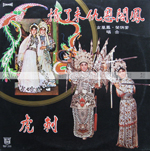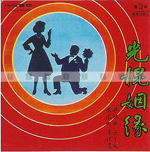Since the early twentieth century, Hong Kong has always been an important venue for Cantonese opera development. After 1949, as a result of political turmoil in the Mainland, performers and troupes converged and resettled in the territory, leading to a tremendous prospering of Cantonese opera in the subsequent decade. This development is linked intimately with the rise of the electronic media.
Performers and troupes began to grasp the possibilities offered by film and radio to re-examine age-old performance practices with regard to acting, singing, script writing, instrumentation, and stage set-up. They brought in novel elements from the theatre and movie world, and participated in the production of films and records. With these acts, they are extending the movement to modernize Cantonese opera that began in the 1930s.
Wong Jum-sum was thoroughly immersed in the world of Cantonese opera from young. Through his close encounter with master performers like Hung Sin-nui, Ma Si-tsang, Yam Kim-fai, Pak Suet-sin and Tong Dik-sang, he witnessed first hand the modernization of Cantonese opera, and was mightily moved by the adventure and passion he saw.


Composer: José María Lacalle García
Lyricist: José María Lacalle García
Vocalist: Deanna Durbin
De amor, en los hierros de tu reja
De amor, eschuché la triste queja
De amor, que solo en mi corazón
diciendome así con su dulce canción
Amapola, lindísima amapola
será siempre mi alma
tuya sola
yo te quiero amada niña mía
igual que ama la flor
la luz del día
Amapola, lindísima amapola
no seas tan ingrata
Amamé
Amapola, Amapola
cómo puedes tu vivir
tan sola
Amapola, lindísima amapola
será siempre mi alma
tuya sola
yo te quiero amada niña mía
igual que ama la flor
la luz del día
Amapola, lindísima amapola
no seas tan ingrata
Amamé
Amapola, Amapola
cómo puedes tu vivir
tan sola
